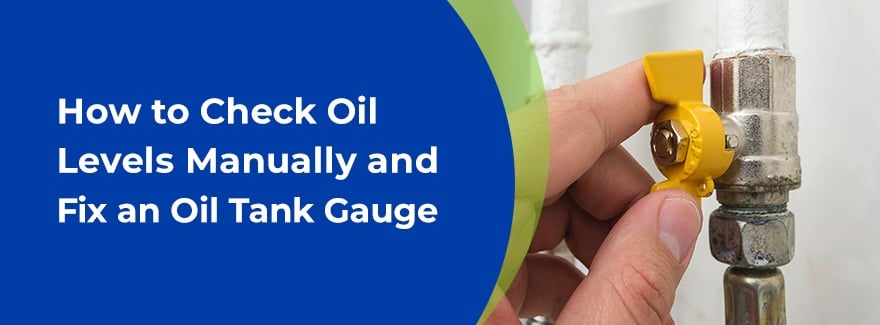Heating is a significant undertaking in most homes. Heating costs more and consumes more energy than any other household system, generally accounting for around 42% of a home's utility bill. You need your system to run efficiently to give you the most value for your investment.
- What Is a Heating Oil Filter?
- What Are the Benefits of Changing Your Heating Oil Filter?
- How Often Should You Change Your Heating Oil Filter?
- How Can You Tell When Your Heating Oil Filter Needs to Be Replaced?
- How to Change Your Heating Oil Filter
- Tips for Changing Your Heating Oil Filter
- Partner With Smart Touch Energy for Your Heating Oil Needs












